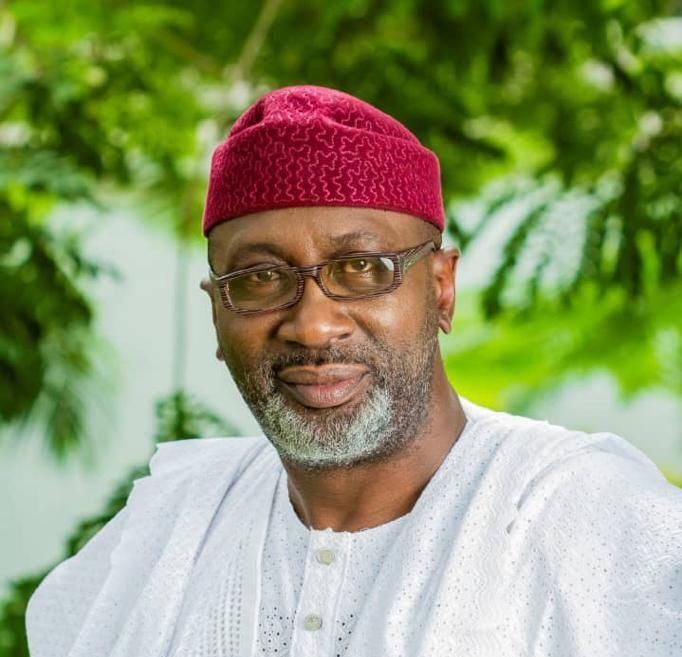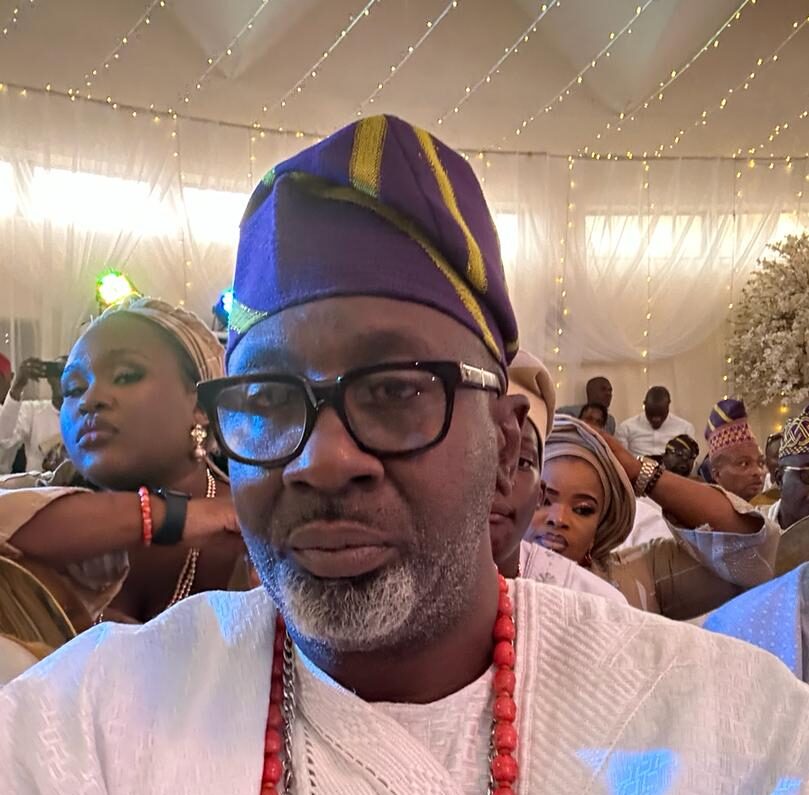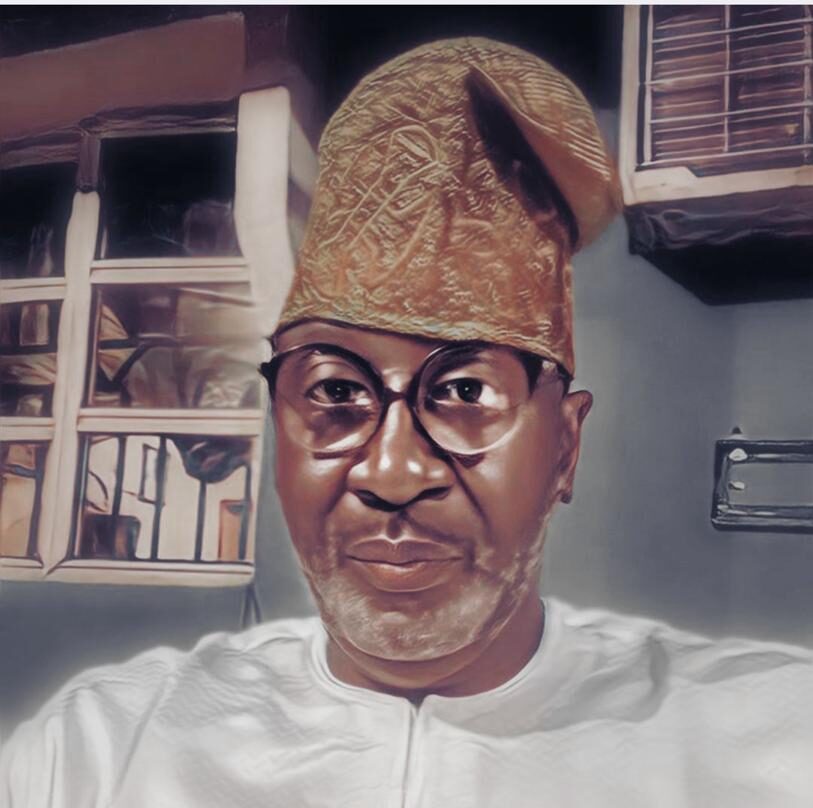JUST IN: The Kogi Governor faces a risk of imprisonment due to a disputed affidavit at the Election Petition Tribunal.
Abayomi Odunowo.
The implications of this revelation are grave for Governor Usman Ahmed Ododo. If it is proven that he knowingly submitted a false document to the Election Petition Tribunal, he could not only lose his position as governor but also face imprisonment for perjury. This would not only tarnish his reputation but also have far-reaching consequences for the state of Kogi.
The saying, “The evil that mean do lives after them,” could not be more apt in this situation. The consequences of Governor Ododo’s actions, if proven to be true, will not only affect him but also the people of Kogi State. The trust and confidence that the people placed in him when they elected him as their leader will be shattered. The integrity of the office of the governor will be compromised, and the state will suffer as a result.
However, amidst all this doom and gloom, there is still hope for a peaceful and just resolution to this matter. It is imperative that the Election Petition Tribunal conducts a thorough investigation into the allegations against Governor Ododo. The truth must be unearthed, and justice must prevail. If it is indeed proven that Governor Ododo submitted a false affidavit, then he must face the full consequences of his actions. No one, not even a public official, is above the law.
At the same time, it is important to remember that everyone deserves a fair trial and the opportunity to defend themselves. Governor Ododo must be given the chance to present his side of the story and provide any evidence that may refute the claims against him. It is only through a transparent and fair legal process that true justice can be served.
Furthermore, it is crucial that the people of Kogi State remain calm and patient during this tumultuous time. It is understandable that emotions may be running high, but resorting to violence or chaos will only exacerbate the situation. The rule of law must be upheld, and any disputes or disagreements must be resolved through peaceful and legal means.
In conclusion, the unfolding situation at the Kogi State Governorship Election Petition Tribunal is a sobering reminder of the consequences of deceit and dishonesty. Governor Usman Ahmed Ododo may face imprisonment and the loss of his position if it is proven that he submitted a false affidavit. However, there is still hope for a peaceful and just resolution to this matter. The rule of law must be respected, and justice must be served for the good of the people of Kogi State. Only through transparency, fairness, and truth can the state move forward from this challenging time. The evil that men do truly lives after them, but it is up to us to ensure that justice prevails in the end.
Section 484 of the Criminal Code is a provision that seeks to address the issue of fraud and misrepresentation by individuals who falsely claim to be someone else. The section clearly states that any person who, with the intent to defraud another individual, falsely represents themselves as another person, living or dead, is guilty of a felony and can be liable to imprisonment for three years. This provision is aimed at protecting individuals from being deceived and defrauded by those who engage in such deceptive practices.
One recent case that has brought this provision into the spotlight is the accusation against Governor Ododo for allegedly lying against the Federal High Court. Lying or making false representations in a court of law is a serious offense that can have legal consequences. If Governor Ododo is found guilty of falsely representing himself or providing false information to the court, he could potentially face charges under Section 484 of the Criminal Code. The penalty for such an offense is imprisonment for three years, highlighting the seriousness of the offense.
In a similar vein, Section 118 of the Criminal Code addresses the issue of perjury, which is the act of knowingly providing false information or deliberately misleading the court while under oath. The section states that any person who commits perjury is liable to imprisonment for 14 years. This provision is in place to ensure the integrity of the justice system and to uphold the truth-seeking function of the court.
Furthermore, Section 118 of the Criminal Code specifies that if the offender commits perjury in order to procure the conviction of another person for an offense punishable with death or imprisonment for life, they can be liable to imprisonment for life. This provision underscores the gravity of the offense of perjury, especially in cases where it could result in severe consequences for the accused individual.
The principles underlying Sections 484 and 118 of the Criminal Code are essential for maintaining justice, fairness, and transparency in legal proceedings. Perjury and false representation are serious crimes that can undermine the credibility of the justice system and compromise the rights of individuals. By imposing stringent penalties for such offenses, the Criminal Code aims to deter individuals from engaging in dishonest practices and uphold the principles of truth and justice.
In light of the recent accusation against Governor Ododo, it is crucial to investigate the allegations thoroughly and ensure that justice is served. If Governor Ododo is found guilty of lying against the Federal High Court, he should be held accountable for his actions in accordance with the law. The legal system must uphold the rule of law and ensure that individuals are held responsible for their actions, regardless of their status or position.
In conclusion, Sections 484 and 118 of the Criminal Code play a crucial role in deterring fraudulent practices and maintaining the integrity of the justice system. Individuals must be held accountable for their actions, especially when they involve deception, perjury, or false representation. The case of Governor Ododo underscores the importance of upholding the rule of law and ensuring that justice is served in all circumstances. It is essential to uphold the principles of truth, fairness, and transparency in legal proceedings to uphold the rights of individuals and preserve the integrity of the justice system.(TribuneTimes)





